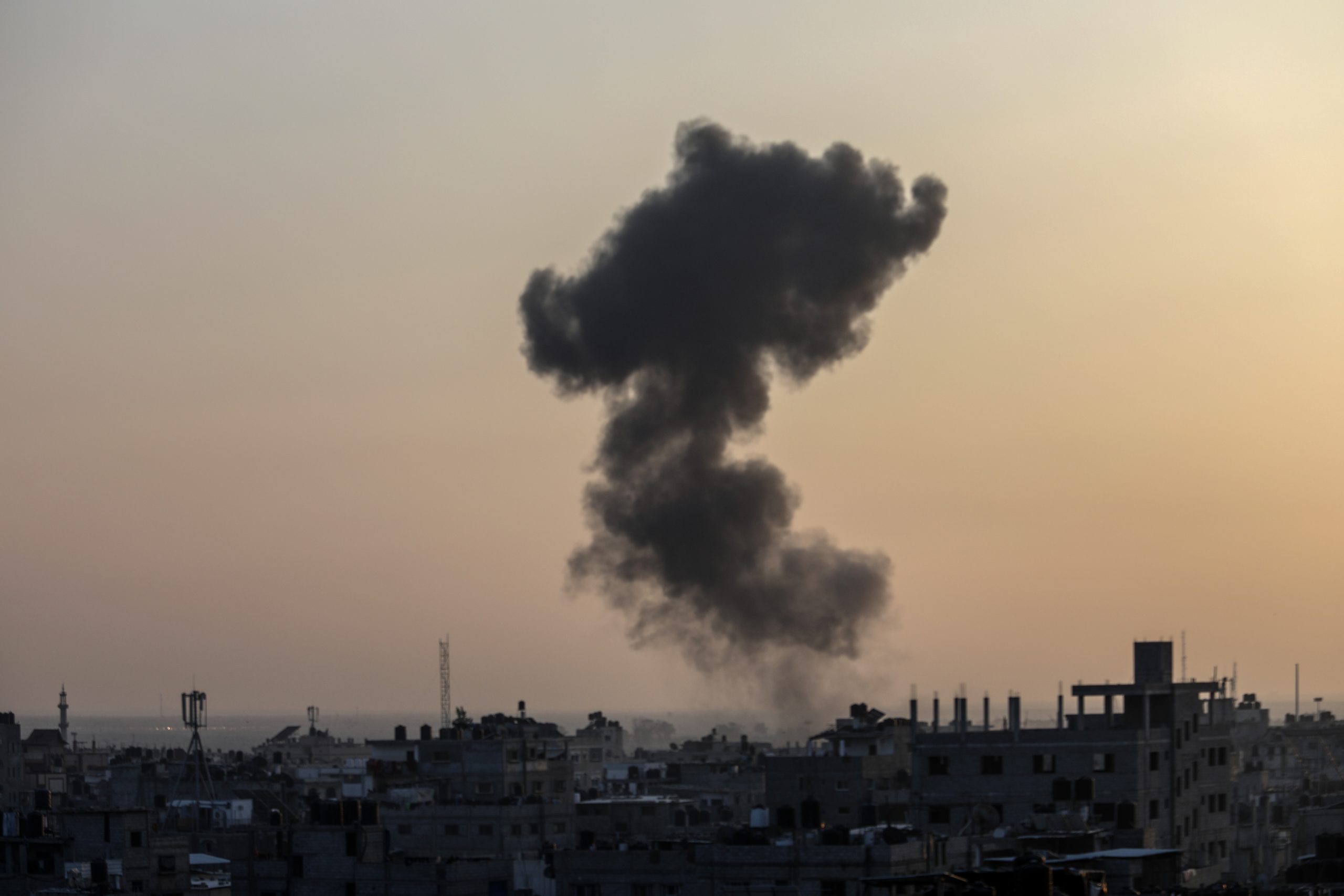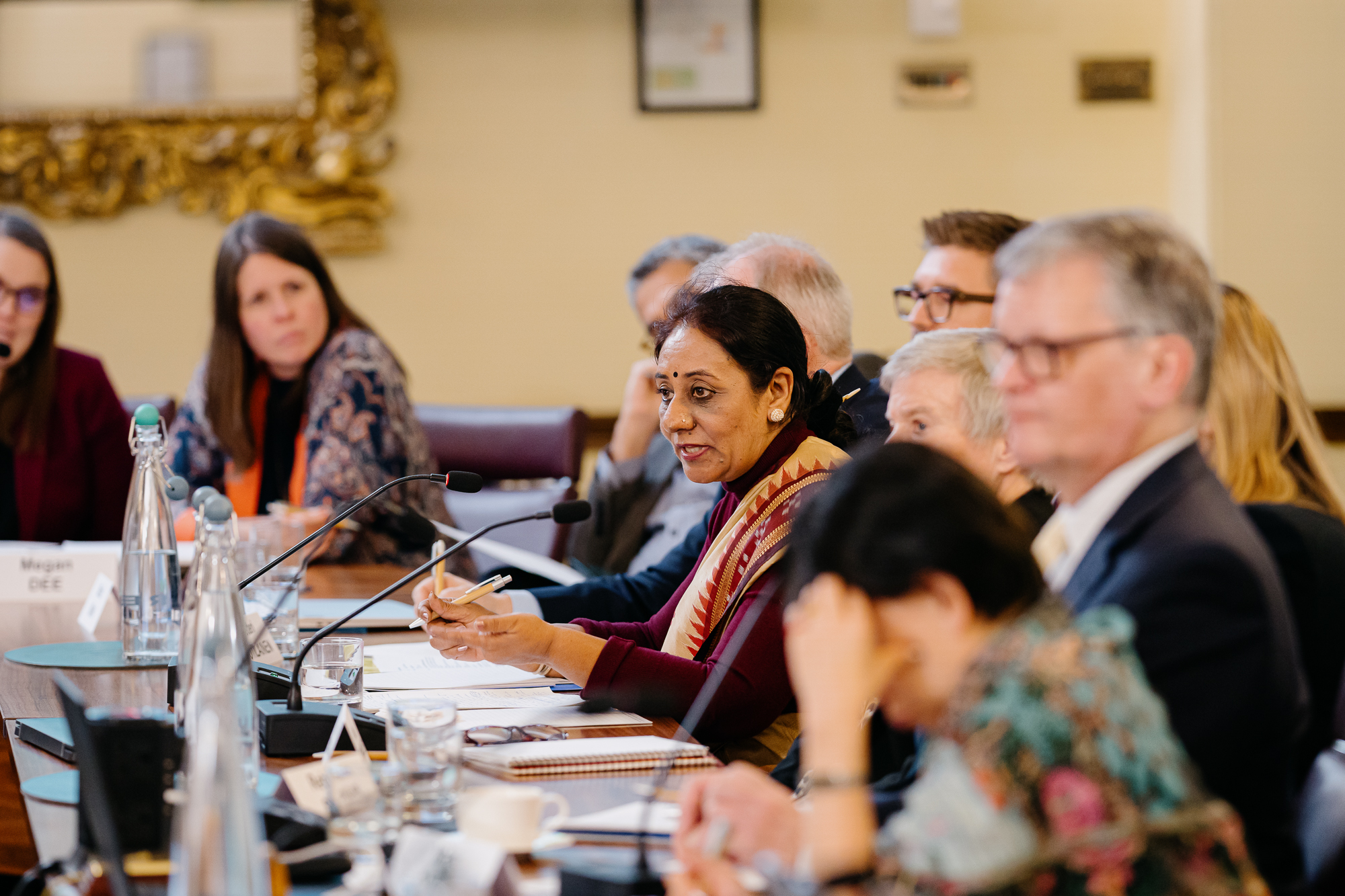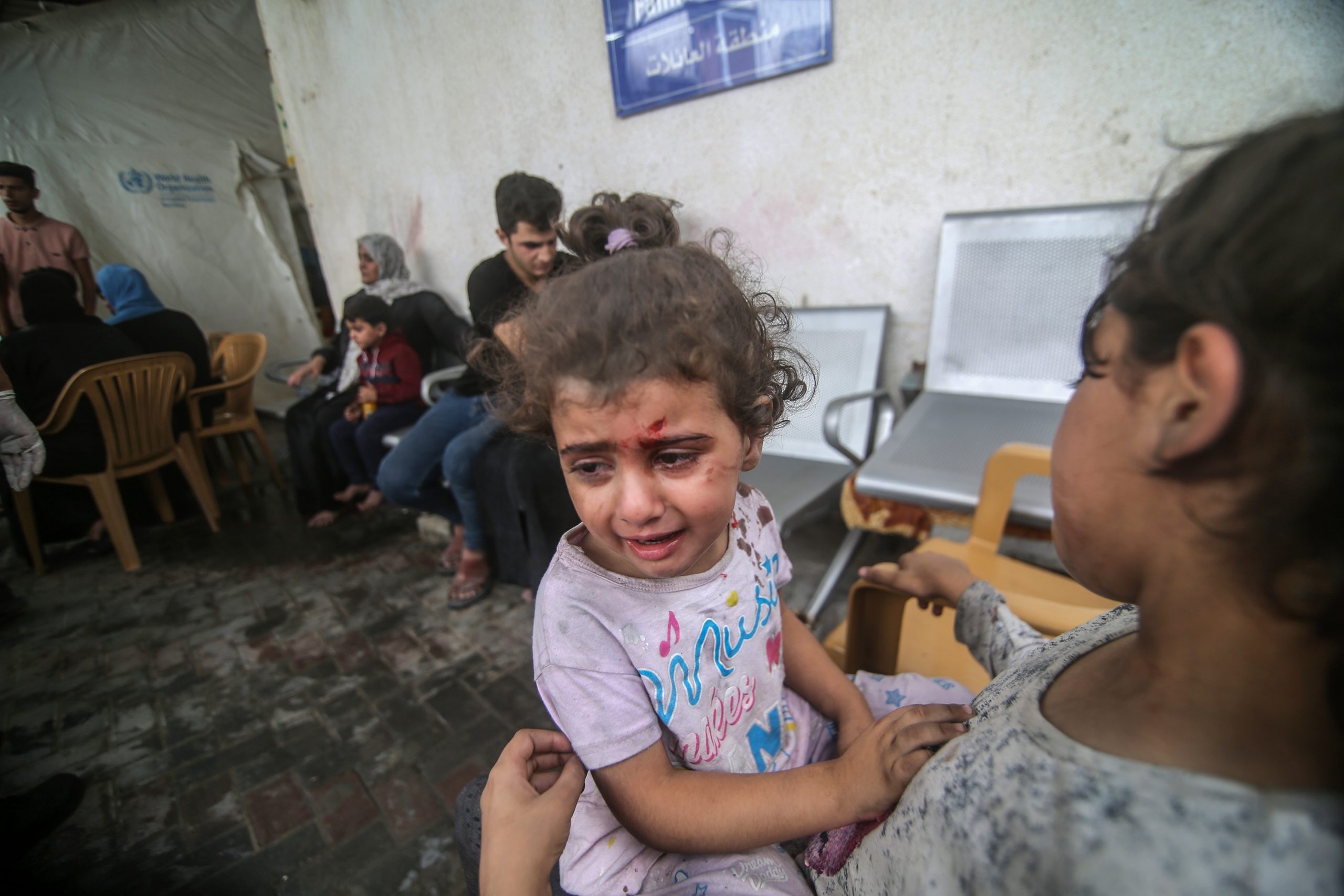The September 2014 NATO Summit in the UK appears to be taking place at another pivotal moment in the history of the Alliance. The end to NATO combat operations in Afghanistan this year is bringing to a close two decades of continuous military operations, and questions are arising about how NATO will seek to maintain its relevance in a post operational era. The widespread assumption that 2014 will herald a post operational era may well be misplaced since the large majority of past military operations have not been foreseen, but NATO arguably now needs to translate the three core missions of the 2010 Strategic Concept (collective defence, crisis management and cooperative security) into a compelling strategic narrative of how the Alliance can help meet the security concerns of its member states. How to revalidate the utility of the military instrument in meeting security challenges will constitute a core element of the discussion on NATO’s strategic narrative.
The core aim of this conference was to contribute to the agenda and content of the September 2014 summit in the United Kingdom by convening senior NATO and member state officials, parliamentarians, journalists, and defence and security experts to identify the elements of a post 2014 strategic narrative for NATO and how to communicate it to member state politicians and publics.
Report summary
A strategic narrative is a story an organisation tells to communicate its purpose, will and intent. An effective strategic narrative must reflect real strategy that in turn properly balances ends, ways and means. Searching for such balance has been the essential story of NATO since the end of the Cold War. A new balance is today demanded of the Alliance that will reflect the ability and capability of NATO to conduct operations across the full spectrum of missions from stabilisation and reconstruction to high-end warfighting.
However, NATO faces a major challenge in convincing hard-pressed Alliance publics that security and defence must be afforded in the face of government cuts. Therefore, NATO’s strategic narrative and the strategic communications and public diplomacy that support it will be critical if the Alliance is to be properly configured for the post-2014 challenges and shocks the twenty-first century will undoubtedly generate.
To that end NATO public diplomacy and strategic communications must be at the interface between political and military NATO. NATO must become an information and influence hub that fosters strategic unity of effort and purpose with the strategic narrative the glue between the North Atlantic Council, the Secretary-General, Allied Command Operations (ACO) and Allied Command Transformation (ACT). Consistency of strategy and purpose reinforced by will and capabilities must be the main elements in both NATO strategy and its supporting narrative.












